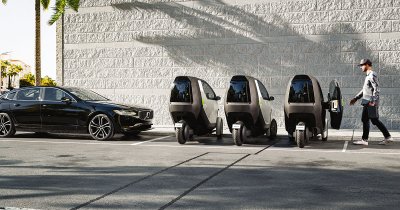Around the world, there are companies like Temasek who firmly believe that adopting mode plant-based alternatives could be a potential solution to this problem.
According to CNBC, Steve Howard, chief sustainability officer at Temasek, said that 18% of the food comes from livestock, while 80% of the agricultural land is used for farm animals.
Additionally, some markets choose to allocate 80% of the grains towards animals, and those resources could be used for foods for the people, if consumption patterns change.
He stated that "more plant-based protein, more alternative proteins — that can really build in food security."
The CSO of Temasek warned that, due to extreme heat waves, the food production in India has been affected and the country's grain stocks will only be able to support the world's needs for around 73 days, so "a couple of months of food security for the entire world."
The official added that the most affected by the increase in food prices will be those with lower incomes.
“We have to really focus on diversification,” he said, hinting that technology could help with regards to the food security.
In spite of the fears of a recession, Steve Howard announced that investments will still be made in green technology, such as EVs, alternative protein foods and solar power.
According to him, solar energy is moving at "an extraordinary pace of expansion", saying that the same thing could hold true for energy storage and other renewable sources.
“If you go three, four years ago, most of the capital markets were asleep at the wheel on climate, not really doing things meaningfully. Now, capital markets are queuing up,” he concluded.
 Mihai - Cristian Ioniță
Mihai - Cristian Ioniță












Any thoughts?